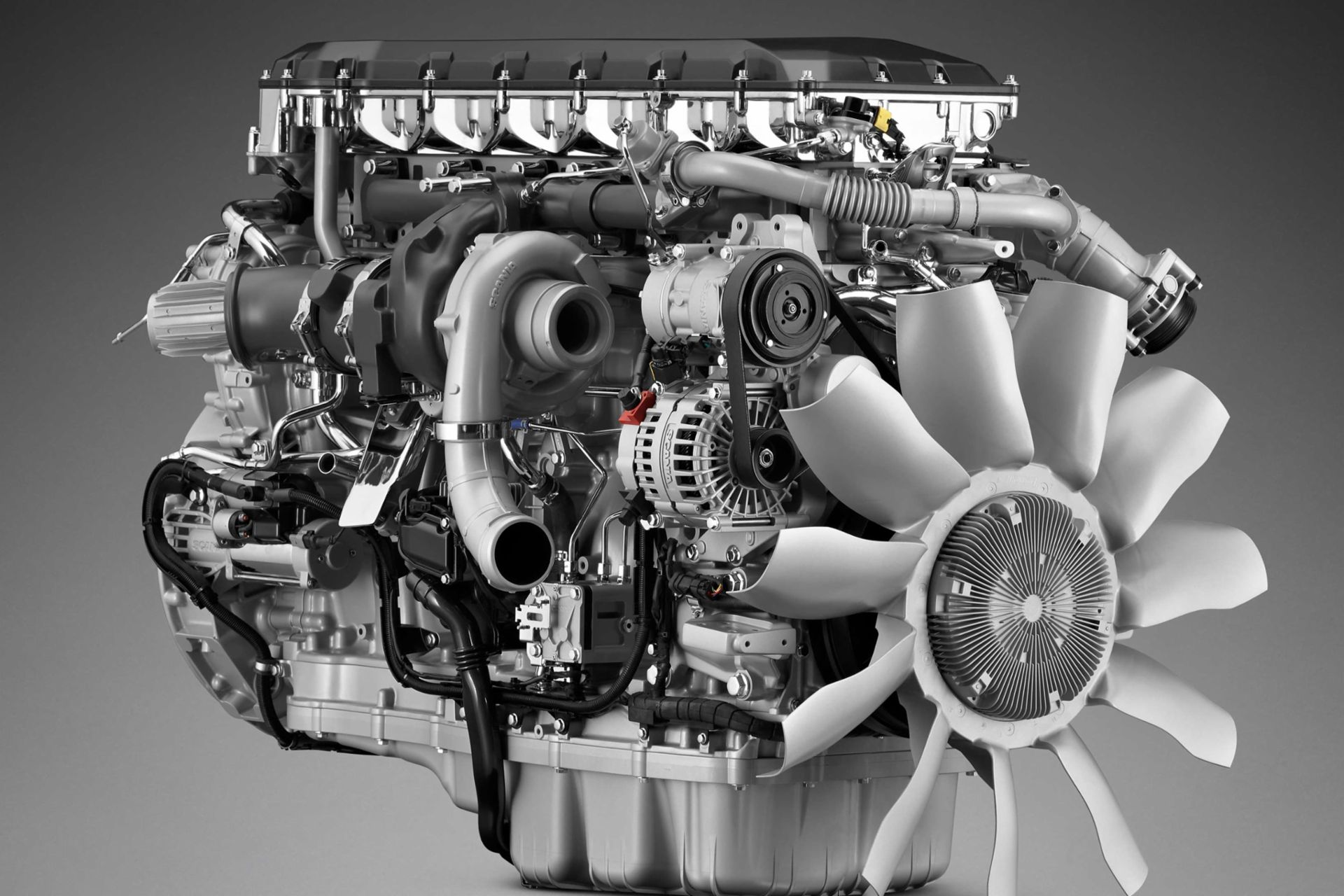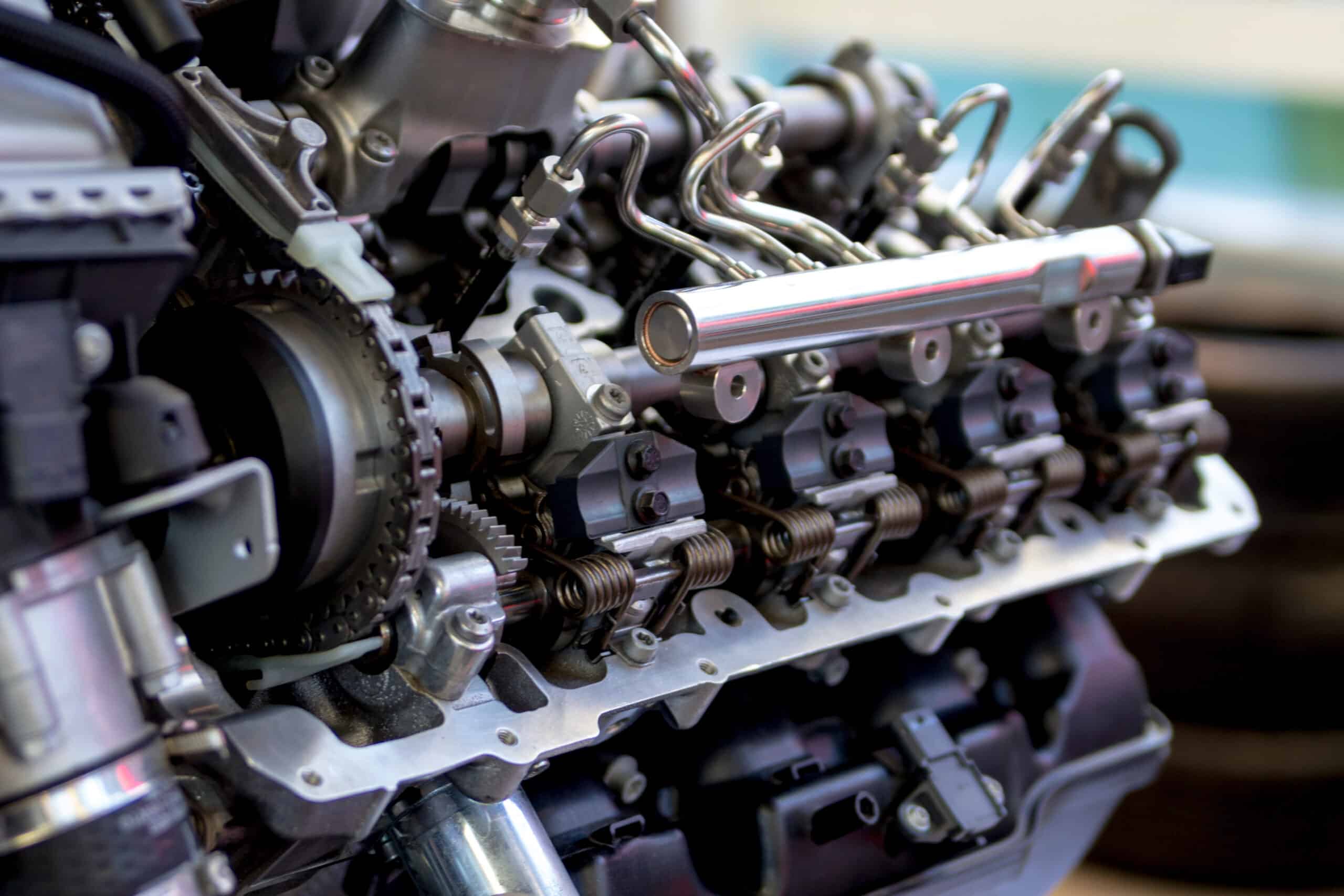Top-Rated Vendors: Engines For Africa Offers Dependable Power
Top-Rated Vendors: Engines For Africa Offers Dependable Power
Blog Article
Explore a Vast Array of Engines for each Car and Function
The automobile landscape is progressively complicated, with a diverse selection of engine types created to fulfill specific efficiency and effectiveness demands across different car classifications. From the high-performance engines that power sports cars to the fuel-efficient options tailored for day-to-day travelling, the options are large and varied. Additionally, heavy-duty engines offer the requirements of work cars, while environment-friendly options are acquiring traction in the search of lasting transportation. Understanding these differences is crucial for making educated choices, particularly as arising innovations continue to form the future of auto engineering. What implications might these innovations hold for manufacturers and customers alike?
Kinds Of Automotive Engines
Automotive engines can be categorized right into several unique kinds, each designed to satisfy specific performance and performance requirements. One of the most usual classifications consist of internal combustion engines, electrical engines, and hybrid systems.

Electric engines, on the various other hand, operate on electrical power stored in batteries, giving instant torque and no emissions. These engines are coming to be significantly popular as a result of advancements in battery innovation and the growing emphasis on sustainability.
Crossbreed systems incorporate both interior burning and electric engines, allowing automobiles to optimize gas performance and lower emissions by flawlessly switching between source of power. Each engine kind offers its downsides and advantages, influencing variables such as vehicle style, planned usage, and market need. Understanding these differences is critical for consumers and makers alike when picking the ideal engine for their specific requirements.
Performance Engines for Sports Cars
Performance engines for sports autos are specifically engineered to deliver improved dexterity, rate, and power, setting them aside from common vehicle engines. These engines usually make use of innovative modern technologies such as turbocharging, turbo charging, and variable shutoff timing to take full advantage of efficiency and responsiveness.
Typically, efficiency engines are made with higher compression ratios, which permit for greater energy removal from gas. This leads to excellent horsepower and torque figures, making it possible for fast acceleration and greater leading speeds. Additionally, the light-weight products used in these engines, such as light weight aluminum and carbon fiber, add to reduced total lorry weight, improving handling and maneuverability.
Engine arrangements like V6, V8, and even hybrid systems are common in efficiency sports cars, each offering one-of-a-kind advantages in terms of power shipment and driving dynamics. The tuning of these engines is also vital; numerous manufacturers maximize the engine administration systems to provide an exhilarating driving experience, usually including sporting activity settings that adjust throttle action and gear shifts.
Efficient Engines for Daily Commuters
In the realm of everyday commuting, reliable engines play a critical duty in optimizing gas economic climate and minimizing emissions while providing reputable efficiency. As urban populations expand and environmental issues escalate, the demand for cars outfitted with efficient powertrains has surged.
Modern engines created for day-to-day commuters typically include modern technologies such as turbocharging, direct fuel injection, and hybrid systems. Turbocharging improves engine effectiveness by compeling even more air right into the combustion chamber, permitting smaller, lighter engines that do not check over here endanger power result. Straight gas injection improves gas atomization, leading to better combustion and enhanced effectiveness.
Hybrid engines, integrating interior burning with electrical power, additional increase fuel economic climate, especially in stop-and-go website traffic, where typical engines can experience ineffectiveness. Electric motors assist during velocity and can run individually at reduced rates, minimizing general fuel consumption.
Moreover, developments in engine management systems and lightweight products add substantially to effective engine style. By concentrating on efficiency, durability, and ecological sustainability, suppliers proceed to supply engines that not just meet the needs of everyday commuting yet also line up with international initiatives to minimize carbon footprints.
Heavy-Duty Engines for Job Cars
Durable engines for work lorries are consistently engineered to deliver extraordinary torque and reliability under requiring problems. These engines are developed to perform in settings where standard engines may fail, such as building websites, logging procedures, and agricultural setups. The primary emphasis of durable engines is their capacity to produce high levels of power while keeping sturdiness over extended durations of operation.
Commonly, durable engines utilize sophisticated materials and durable construction methods to withstand the roughness of heavy work. Features such as strengthened cylinder blocks, improved air conditioning systems, and progressed fuel injection technologies add to their effectiveness. These engines usually operate at reduced RPMs, which helps to maximize fuel performance while supplying the essential More about the author power for lugging and transporting.
Along with mechanical effectiveness, sturdy engines are commonly geared up with innovative electronic control units (ECUs) that handle efficiency, discharges, and diagnostics. This assimilation permits for better tracking and upkeep, making certain that work cars stay efficient and operational.
Ultimately, durable engines are an important element in the efficiency of numerous sectors, giving the necessary power and reliability to tackle the toughest of tasks.
Eco-Friendly Engine Options
The growing emphasis on sustainability has resulted in the development of environment-friendly engine alternatives that focus on minimized discharges and enhanced fuel effectiveness. These engines are created to decrease the ecological influence of lorries while still supplying the efficiency and dependability expected by consumers.
Amongst one of the most remarkable green alternatives are hybrid and electrical engines. Hybrid engines integrate conventional internal burning engines with electrical propulsion, enabling decreased fuel intake and reduced greenhouse gas discharges. Electric engines, on the other hand, run completely on battery power, creating zero tailpipe exhausts and have a peek here adding to cleaner air high quality.
An additional appealing development is the innovation of biofuel engines, which use renewable sources, such as plant products, to power automobiles (Engines For Africa). By using biofuels, these engines can decrease dependence on nonrenewable fuel sources and reduced overall carbon footprints

As the automobile sector progresses, eco-friendly engine alternatives will play a crucial duty in driving the transition in the direction of more lasting transportation options.
Conclusion
From high-performance engines that enhance sports auto capabilities to efficient designs prioritizing fuel economic situation for everyday commuters, each type serves a certain feature. Sturdy engines provide to durable job lorries, while environmentally friendly options, such as electric and biofuel engines, promote sustainable transportation.

Report this page